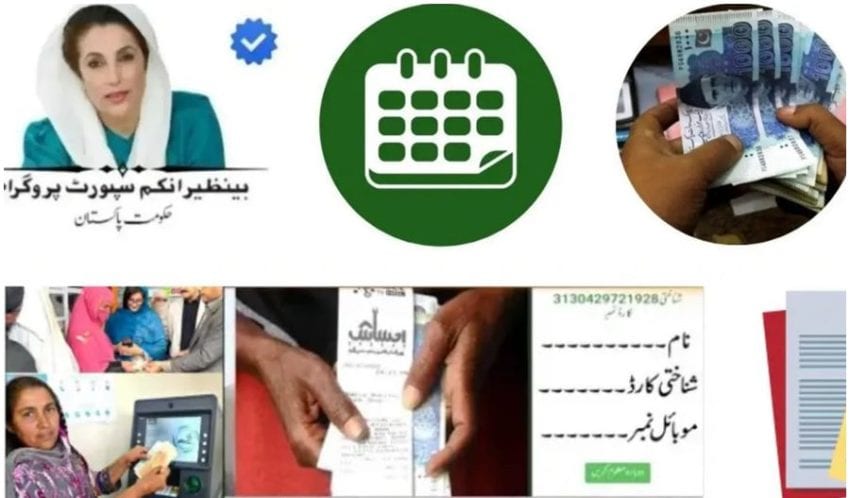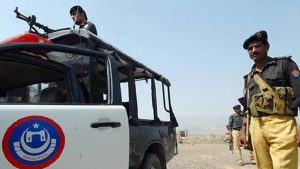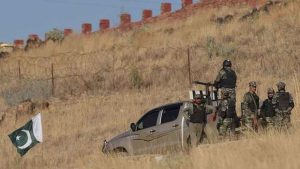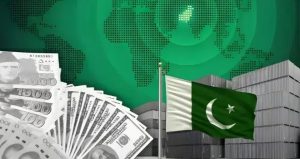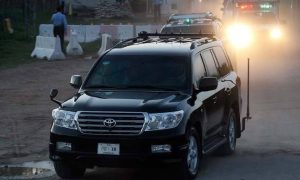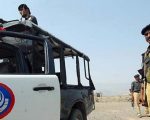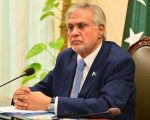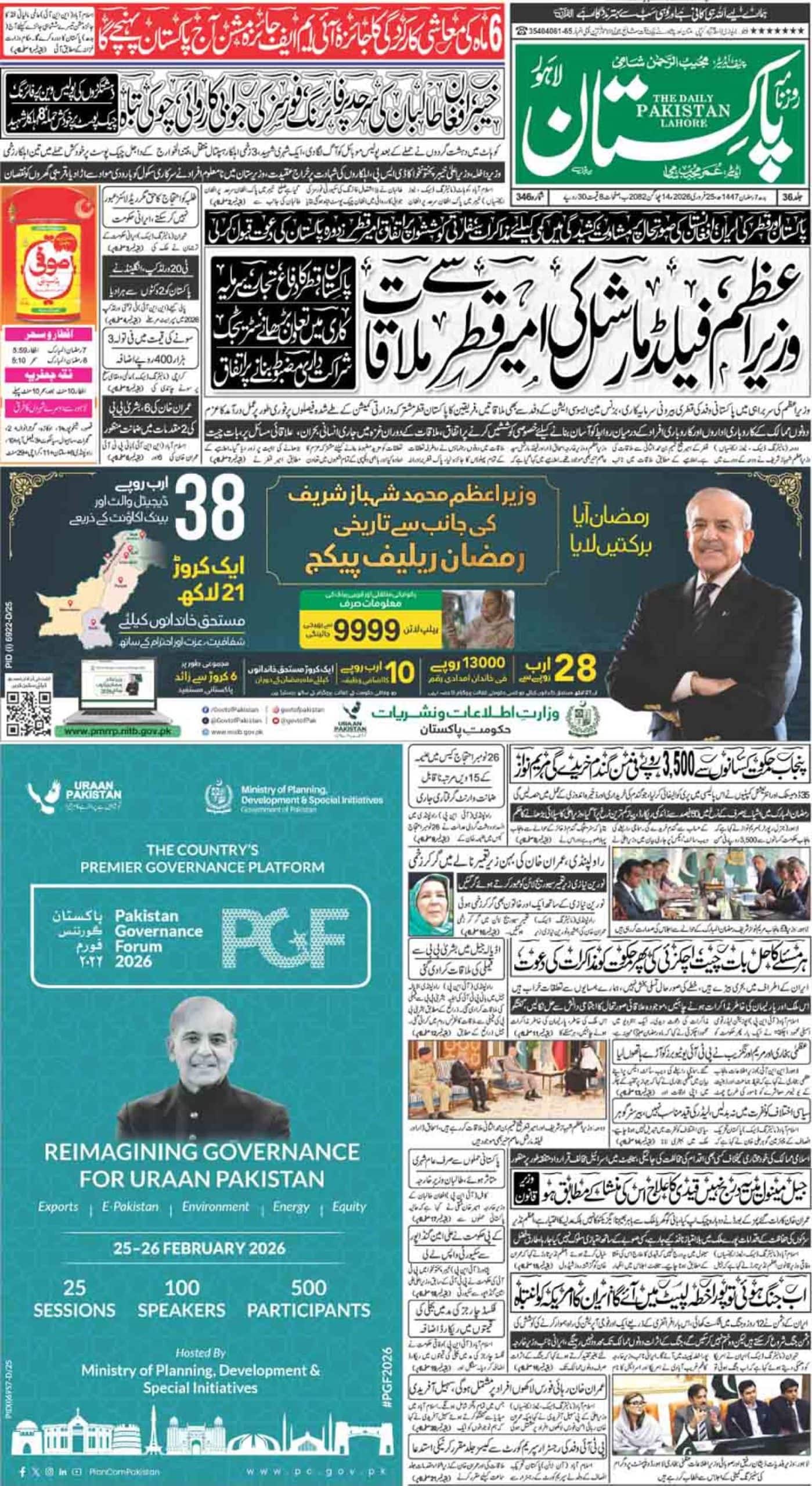ISLAMABAD – Benazir Income Support Programme (BISP) introduced 8171 NADRA Biometric Payment Update 2025, ensuring that financial aid reaches those who genuinely need it. With this cutting-edge system, eligible households can now receive Rs13,500 per quarter, a move that combines transparency, efficiency, and modern technology to eliminate corruption, fake registrations, and double payments.
The landmark initiative that promises to transform the lives of millions of low-income families across Pakistan. This is more than just money, it’s a step toward empowering Pakistan’s most vulnerable citizens.
BISP has always aimed to support families living below the poverty line. With the 2025 update, the process has been digitally upgraded and linked directly to NADRA’s biometric verification system.
This means that before any payment is made, a beneficiary’s fingerprints are scanned and matched with the national database, guaranteeing that only genuine recipients get the aid. The biometric system ensures payments are released instantly and securely, making the distribution process faster and more transparent than ever before.
BISP 8171 NADRA Update
- Payment Amount: Rs13,500 per quarter
- Verification System: NADRA Biometric Fingerprint Matching
- Eligibility Check: Send your CNIC to 8171
- Payment Channels: BISP Tehsil Offices, HBL Konnect, Bank Alfalah
- Purpose: Transparent and fair distribution of funds to low-income families
NADRA biometric verification prevents fraudulent claims, ensures funds reach the genuine recipient, reduces paperwork, and enables real-time verification. This digital transformation has made BISP payments faster, secure, and accessible across all provinces including Punjab, Sindh, Khyber Pakhtunkhwa, Balochistan, as well as Gilgit-Baltistan and AJK.
What do you need
To claim the Rs13,500 payment, applicants must have the following ready:
- Original CNIC: Confirms applicant identity (Issued by NADRA)
- Registered Mobile SIM: Used for 8171 SMS verification (Issued by PTA)
- B-Form or Family Details: Verifies dependent children’s data (NADRA)
- Proof of Residence: Confirms your address (Local Authorities)
- Bank Account (Optional): For direct transfer (Any Pakistani bank)
It is crucial that all CNICs are valid and family details match NADRA’s records; expired CNICs or mismatched information can delay payment.
Full Guide
- Check Eligibility via SMS: Type your 13-digit CNIC and send it to 8171. You will receive a reply confirming your eligibility.
- Visit the Payment Center: Eligible recipients must visit their nearest BISP Tehsil Office, HBL Konnect agent, or Bank Alfalah branch with their original CNIC and registered SIM.
- NADRA Biometric Verification: At the counter, place your finger on the scanner. If your fingerprint matches, your payment is instantly approved.
- Collect Payment: Receive Rs.13,500 along with a printed receipt. There are no service charges — all BISP payments are free.
For elderly citizens or laborers with faint fingerprints, alternative solutions are available: update your fingerprints at NADRA, try a different finger, or have a household member verify under the same ID. Persistent issues can be reported to the nearest BISP Tehsil Office.
Who Can Apply
- Be a Pakistani citizen with a valid CNIC
- Belong to a household listed in the National Socio-Economic Registry (NSER)
- Have a monthly family income below Rs.60,000
- Not be a government employee or taxpayer
- Own no more than one property or vehicle
- Priority is given to widows, differently-abled individuals, and low-income women
BISP has established multiple payment points to ensure ease of access:
- Punjab: BISP Tehsil Offices, HBL Konnect
- Sindh: Bank Alfalah Agents, retail shops
- KPK: BISP Mobile Vans, HBL Konnect
- Balochistan: NADRA offices, BISP Centers
- Gilgit-Baltistan & AJK: Partner Banks, BISP Regional Desks
Beneficiaries can track payment status online via the 8171 portal or by calling the official helpline 0800-26477.
Rs13,500 quarterly assistance is helping families cover essential expenses such as groceries, utility bills, children’s education, and basic healthcare. This initiative is particularly empowering for women and rural households dependent on government aid.

